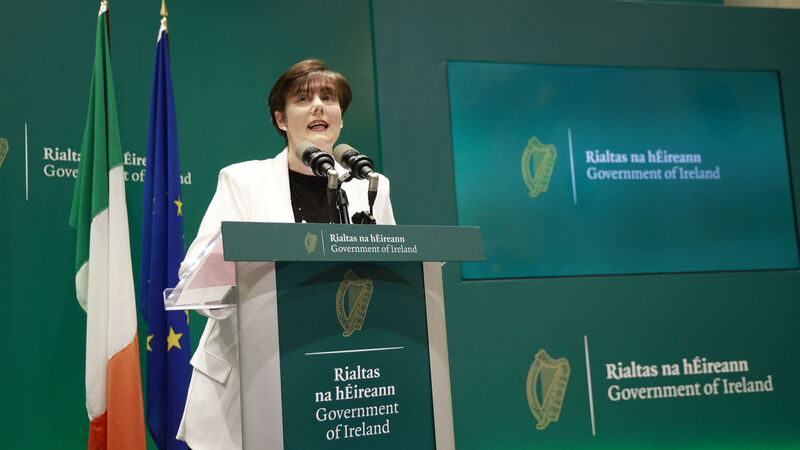Irish Examiner view: Review reveals how the State has utterly failed its children

Minister for Education Norma Foley TD at a press conference following the launch of the report of the scoping inquiry into historical sexual abuse in day and boarding schools run by religious orders. Picture: Arthur Carron/Collins













